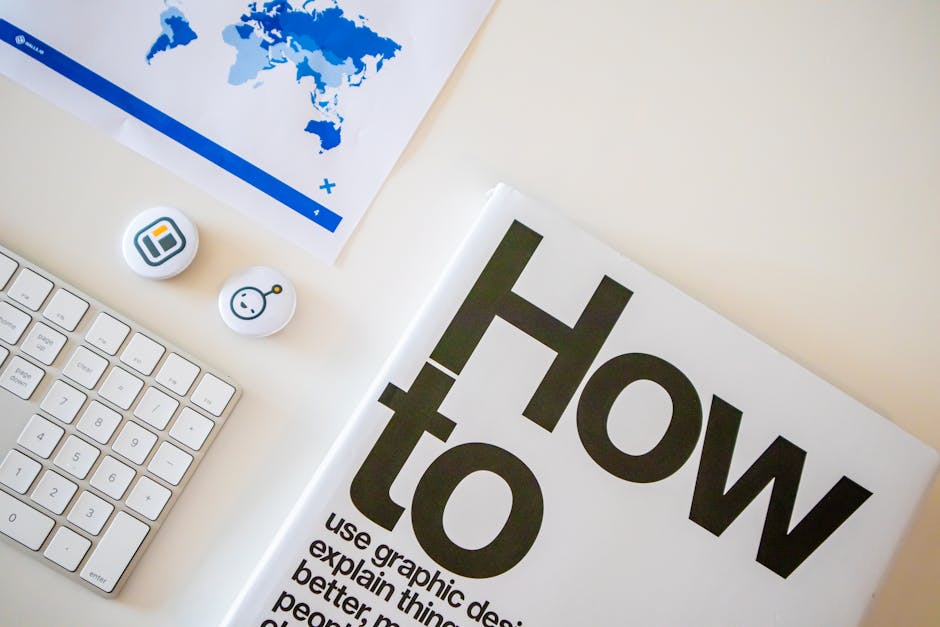AI in Interviewing
The Evolution of Talent Acquisition and AI’s Role
Traditional hiring methods often struggle with volume and speed. Additionally, manual resume screening is notoriously time-consuming. Therefore, recruiters spend nearly 23 hours reviewing resumes for a single hire. Fortunately, AI in recruiting automates initial screenings using natural language processing. For example, tools like HireVue and Pymetrics analyze candidate profiles against job requirements instantly. Moreover, these systems learn from successful hires to improve matching accuracy over time. Ultimately, this evolution allows talent teams to focus on strategic engagement rather than administrative tasks.
How AI Interviewing Platforms Accelerate Global Hiring
Global talent acquisition demands speed and efficiency. Importantly, AI interviewing tools operate 24/7 across time zones. Consequently, companies can schedule and conduct interviews without delays. Specifically, automated scheduling systems coordinate calendars across continents. Meanwhile, AI-powered video platforms transcribe and analyze interviews in real-time. Furthermore, they assess verbal and non-verbal cues to predict candidate success. According to a SHRM study, AI reduces time-to-hire by 50%. Thus, organizations fill critical roles faster and gain competitive advantage.
Key Technologies Powering AI-Driven Interviews
Several advanced technologies enable intelligent interviewing. First, natural language processing (NLP) evaluates spoken and written responses. Next, machine learning algorithms identify patterns in successful candidates. Additionally, sentiment analysis gauges enthusiasm and cultural fit. For instance, tools like MyInterview use NLP to score content and communication skills. Moreover, predictive analytics forecast long-term performance and retention. These technologies combine to create a comprehensive assessment platform. Consequently, hiring managers make data-driven decisions with greater confidence.
Enhancing Candidate Experience with AI Conversations
AI chatbots guide applicants through initial stages seamlessly. Importantly, they answer questions and provide status updates instantly. Furthermore, conversational AI ensures no candidate gets overlooked. Meanwhile, personalized communication builds positive employer branding. Ultimately, a smooth experience encourages top talent to accept offers.
Reducing Unconscious Bias in Hiring with AI
Unconscious bias remains a significant challenge in recruitment. However, AI interviewing platforms promote fairness by focusing on data. Specifically, they anonymize demographics and evaluate pure merit. Moreover, algorithms are trained to ignore irrelevant factors. For example, the Harvard Business Review highlights AI’s potential to diversify workplaces. Therefore, companies build more inclusive teams while complying with global regulations. Consequently, ethical AI implementation becomes a strategic priority.
Integrating AI Interviewing into Existing HR Systems
Successful integration requires careful planning and execution. First, choose platforms compatible with your Applicant Tracking System (ATS). Next, train HR teams to interpret AI-generated insights. Additionally, establish clear protocols for human oversight. For support, explore our Resources for integration guides. Moreover, pilot programs help refine processes before full deployment. Ultimately, seamless integration maximizes ROI and user adoption.
Measuring the Impact of AI on Recruitment Metrics
Quantifiable metrics demonstrate AI’s value effectively. Key performance indicators include time-to-fill, cost-per-hire, and quality-of-hire. Furthermore, AI tools provide detailed analytics on candidate pipelines. For instance, Paradox Olivia tracks engagement and conversion rates. Moreover, companies report 30% higher recruiter productivity. Therefore, data-driven insights justify continued investment in AI interviewing technology.
Future Trends in AI-Powered Talent Acquisition
The future holds even more innovative applications. First, generative AI will craft personalized interview questions dynamically. Next, immersive VR interviews simulate real job scenarios. Additionally, blockchain may verify credentials instantly. Meanwhile, ethical AI frameworks will ensure transparency and fairness. Consequently, global talent acquisition becomes faster, smarter, and more equitable. To stay ahead, Contact Us for expert guidance.
FAQs About AI in Interviewing
How does AI improve the interview process?
AI automates scheduling, screening, and initial assessments, drastically reducing time-to-hire and improving candidate matching.
Can AI interviewing tools reduce hiring bias?
Yes, when properly trained, AI focuses on skills and qualifications while anonymizing demographic data to promote fair evaluations.
What are the challenges of implementing AI in interviews?
Key challenges include data privacy concerns, integration complexity, and ensuring algorithmic fairness through diverse training data.
How accurate is AI in predicting candidate success?
AI predictive accuracy continues improving, with some platforms achieving 80-85% correlation with eventual job performance metrics.
Is AI interviewing suitable for all industries?
While adaptable, AI interviewing works best for roles with measurable skills and competencies, though advancements continue to expand applications.
Conclusion: Embracing AI for Competitive Talent Acquisition
In conclusion, AI in interviewing revolutionizes how organizations discover and engage global talent. Firstly, it dramatically accelerates hiring timelines. Secondly, it enhances decision quality through data-driven insights. Thirdly, it promotes diversity and reduces unconscious bias. Finally, companies gain significant competitive advantage in talent markets. To summarize, embracing AI is no longer optional but essential for scaling recruitment effectively. Therefore, take action today to transform your hiring process. Book an Appointment with our experts to implement AI interviewing solutions tailored to your needs.




